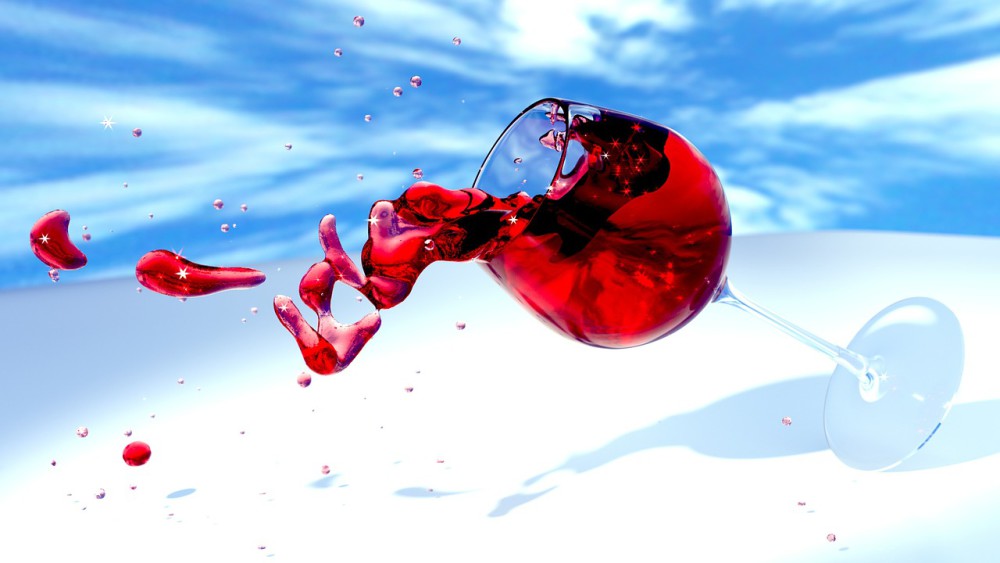The biggest wine trade fair triumphs

Why good wine translation is needed now more than ever to make Italian wine take off in China
When it comes to wine, Verona is certainly no stranger, and this week the world’s biggest wine trade fair, Vinitaly, returned for the big 5-0. Like the Salone del Mobile in Milan, it represents an unparalleled window for Italian producers and sellers to show the world what they’ve got.
This year, visitor numbers were up again, with a boom in foreign participants particularly. As is clear from the event’s “internationalised” title, Vinitaly aims to stir up foreign interest, boost exports and uncork the made-in-Italy quality message abroad. This, naturally, means language and wine translation have a central role to play. Interestingly, an organisational decision taken for this year’s event has already brought one related language issue to the fore: for the first time, Italian sign language interpreters were present at tastings, showing how wine really does speak a language all of its own.
As has been widely reported in the press, the big news for this year was that Jack Ma and his e-commerce giant, Alibaba, intend to take Italian wine to China – a fantastic opportunity for Italy to boost its sales in China through the website that handles 80% of China’s online sales. Italian, English and Chinese linguists are certainly going to be in high demand as a result, not only translating bottle labelling, wine technical data sheets, tasting evaluations, marketing material and patent or brand protection documentation, but also interpreting at trade shows, business meetings, training and wining and dining events, as well as serving as localisation experts for that all-important online presence, to make sure the potential offered by e-commerce is fully exploited.
What’s particularly exciting is that the wine export target for 2020 – €7.5 billion – involves small and medium-sized enterprises too: local wineries and vineyards. This is a sparkling opportunity to sell that Italian je ne sais quoi, and now is really the time for Italian businesses to find the bottle to use wine online as a window to the world.
China is not the only country interested in Italian vino either, Sicilian wine-makers at Vinitaly are also said to be targeting the UK markets, focusing less on bulk production and more on premium wine. A rich and harmonious first-rate marketing and translation package is therefore needed to accompany it, as it is unlikely that Google Translate would do anything another other than leave a bitter aftertaste in the mouths of interested international buyers.
All the more reason to get those wine translations right. Wine has a language of its own; words take on different meanings and even a subtle change in the intensity of a descriptor can affect the whole buzz created around a wine, its classification, its food pairings and ultimately its perceived quality. In short, knowing your nose from your notes and your demi-secs from your bruts is a must. And that’s not all; tastes and cultures change across borders, which is why you need professionals to explain the culture behind a wine and the culinary and drinking habits of the country of origin and destination, all in language specific to the sector.
LEXILAB’s location in the wine-producing region of Friuli, right on the border with Veneto and almost close enough to raise a glass with visitors in Verona, puts us at the centre of the action and we cannot wait to see how the Italian wine on our doorstep, and across Italy, takes off in China.
With the explosion of food tourism generally, Italy is really onto something here. And perhaps, in true Italian style, the country’s lifeline out of more challenging economic times could be through its stomach. Once Italy has woken up to the power of e-commerce, good wine needs no bush.
